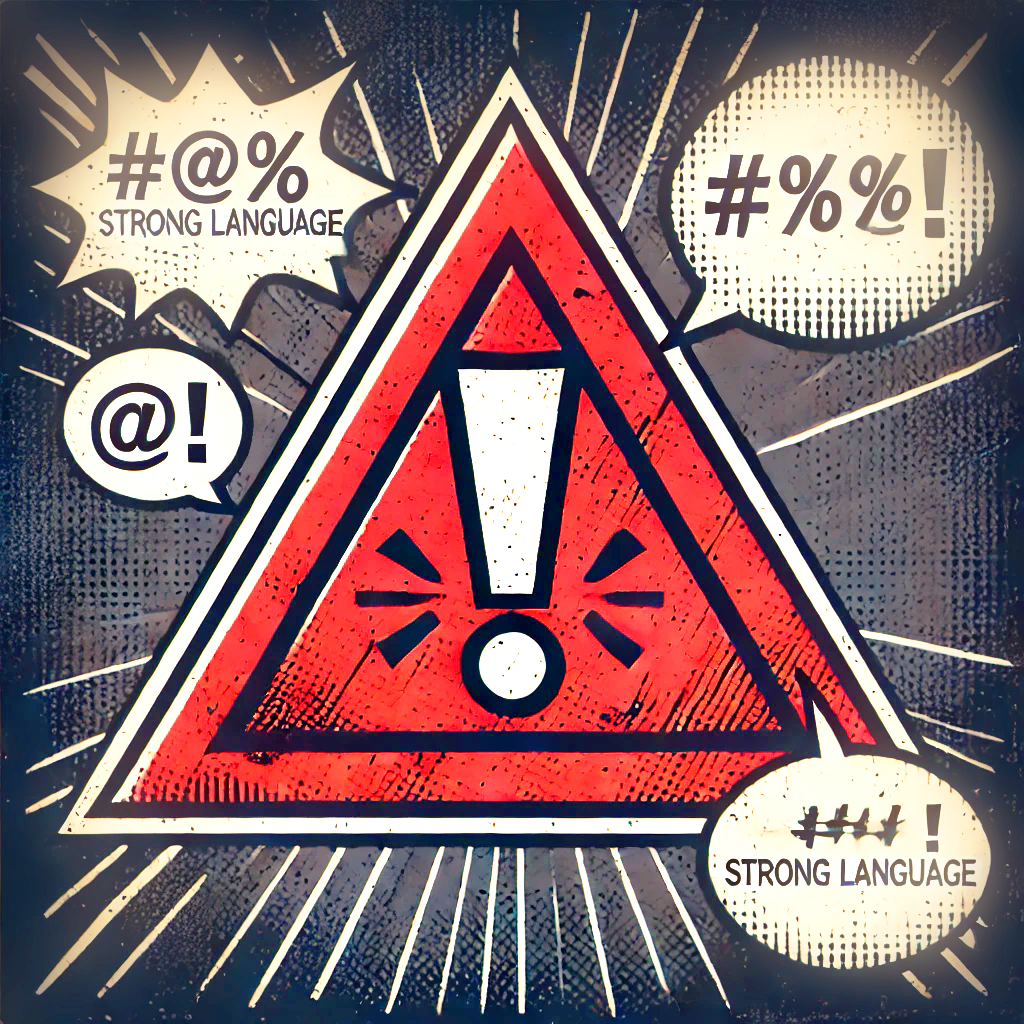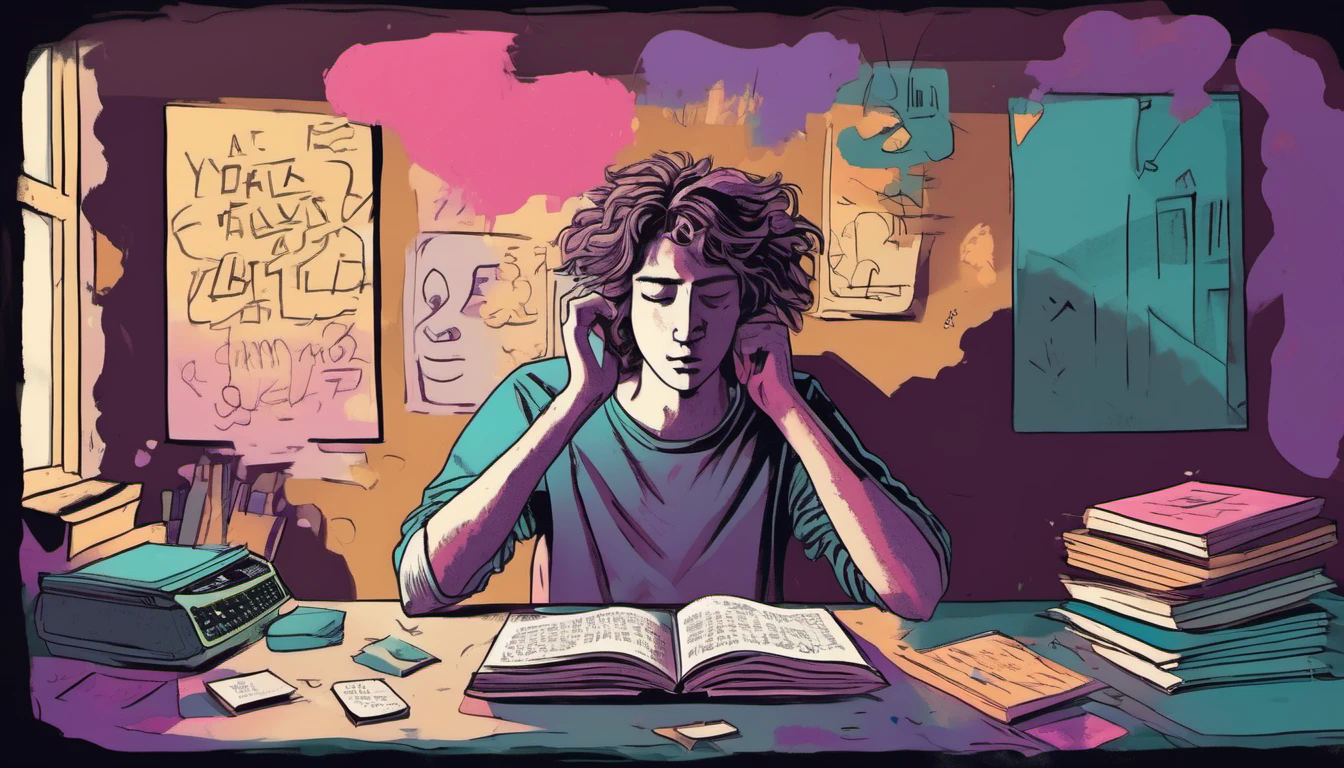Let’s talk about this “self-improvement” craze—the relentless drive to “fix” ourselves, level up, and become the “best version” of whoever we think we’re supposed to be. It’s everywhere: in podcasts, books, and all over social media, where influencers armed with curated advice tell us that we’re just one productivity hack or habit change away from fulfillment. But here’s a thought: what if all this “improving” is actually making things worse?
Now, before you go clutching your vision board and accusing me of heresy, hear me out. Growth and learning aren’t inherently bad; in fact, they’re essential. But somewhere along the line, we bought into this narrative that we’re fundamentally flawed—that there’s always something wrong with us in need of fixing. And who profits from this mindset? The self-help industry—a booming, clever machine that’s more than happy to provide “solutions” to problems it’s worked tirelessly to convince us we have.
Got a nagging feeling you’re not good enough? There’s a book for that. Feeling unfulfilled? Here’s a $500 workshop! Still not satisfied? That life coach on Instagram has an exclusive program promising the secret to lasting happiness—for a price, of course.
And so we dive in, believing that if we just try a little harder, do a little more, and achieve a little better, we’ll finally reach that perfect version of ourselves. It’s a brilliantly marketed scheme: convince people they’re broken, then sell them the tools, tricks, and techniques to “fix” themselves. But here’s the catch—the more we buy into this idea, the more we reinforce the belief that we’re not enough as we are. It’s a psychological treadmill, an endless cycle of striving that keeps the self-help industry rolling in profits. We start to believe we’re always one book, one seminar, one “life hack” away from genuine happiness. And when we don’t reach that idealized version of ourselves, we’re left with a sense of failure, convinced it’s our fault for not trying hard enough.
Here’s where things get really dangerous. The constant pressure to improve, optimize, and “become” can take a serious toll on our mental health. It leads to anxiety, burnout, and a persistent feeling of inadequacy. We start comparing ourselves to the airbrushed lives of others, scrolling through feeds of influencers who seem to have it all together. Every post, every story, every life hack feels like a reminder that we’re not there yet, that we’re perpetually falling short. And rather than questioning this cycle, we double down, convinced the answer is simply to work harder, be better, and push further.
So, what’s the alternative? Should we abandon all forms of growth, declare life a free-for-all, and settle for mediocrity? Hardly. Maybe the real challenge is rethinking what “improvement” actually means. Instead of seeing ourselves as projects in need of fixing, what if we approached self-improvement with a little more self-acceptance? Imagine a shift from constantly seeking to “become” something else, to simply learning more about who we already are. Perhaps true growth doesn’t come from a place of criticism but from curiosity, from wanting to understand ourselves better and build on what’s already good, already worthy.
Think about it: What if, instead of measuring ourselves by arbitrary standards of “better,” we asked ourselves what we actually want? What resonates with us? What makes us feel alive, fulfilled, and true to ourselves? Instead of trying to live up to someone else’s checklist of goals, maybe we should be asking what a genuinely meaningful life looks like to us. Because when we pour all our energy into becoming someone else’s idea of “successful” or “happy,” we end up building a life that might look good on paper but feels hollow. We’re chasing a fantasy that was never really ours.
And let’s not confuse stepping away from endless improvement with settling for mediocrity. Self-acceptance doesn’t mean stagnation. It means acknowledging who we are, flaws and all, and giving ourselves permission to be real. It’s about growing into our own skin, not someone else’s. We’re still evolving, still learning, still expanding—but we’re doing it on our terms. This way, self-improvement becomes less about “fixing” and more about enhancing the things we genuinely value, the things that actually matter.
At the end of the day, maybe real freedom is in recognizing that we’re enough as we are. That we don’t need to be constantly fixed, optimized, or molded into some ideal. That it’s okay to just be, and that our worth isn’t something we need to buy, earn, or unlock. Real peace, real happiness—they don’t come from some productivity trick or life hack. They come from understanding who we are, what we truly want, and being okay with that.
So next time you feel that familiar itch to “improve” yourself, take a step back. Ask yourself if it’s truly for you or if it’s another expectation that society has thrown onto your plate. Real growth, the kind that feels good, isn’t about turning into someone else’s ideal—it’s about digging deep into who you are, realizing there’s worth there already, and building a life that feels true to that person. Because at the end of the day, the best “version” of you isn’t something you need to chase. It’s the person you are when you finally stop trying to “improve” and just let yourself be.
Owner of BaedonWebZine and the mastermind behind its content. A versatile individual hailing from The Great American Desert, Henry carries the enduring influences of his upbringing. He wears multiple hats as a writer, graphics manipulator, devoted father, and dedicated geek. His days are spent exploring the world with a relentless quest for understanding, bringing a unique blend of insight and creativity to the site.




Leave a Reply